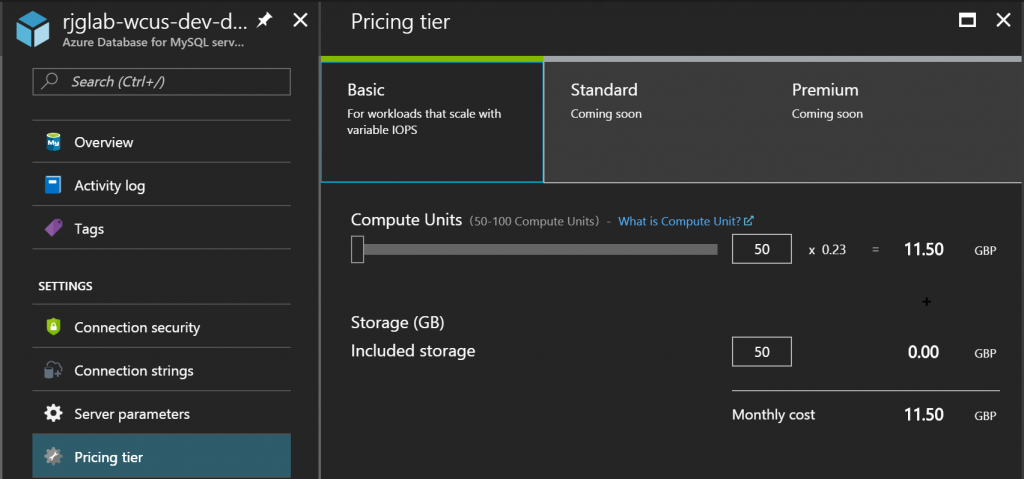Save with BYOL and Azure Hybrid Benefit
In my post from earlier today, I talked about the benefits of using Azure Instance Reservations to save money on the compute of IaaS virtual machines. When we think about the components that make up an IaaS VM, we have a few: the VM instance and configuration, the storage, and the software that runs on it. For most people, the software at the most basic level will be either Microsoft Windows or Linux and likely some application software layered on top such as SQL Server.
When we are talking about Microsoft Windows there is a license associated with running the operating system and when you commit to running a Microsoft Azure IaaS VM running Microsoft Windows, the cost of that virtual machine includes that license. If you are an enterprise client of Microsoft’s with an Enterprise Agreement you will likely already have entitlement some Windows Server licenses through that agreement. If you already have licenses that you are paying for, why would you want to pay for them again in Azure? The obvious answer is that you wouldn’t unless your intentions are to do away with the Enterprise Agreement and license everything through retail channels.
Microsoft Azure offers a lesser known option called Azure Hybrid Benefit which is often referred to as Hybrid Usage Benefit (HUB for short). HUB allows you to apply your Enterprise Agreement licenses to your IaaS VMs deployed in Azure. What this means in cost terms is that the price of the Azure IaaS VM ceases to include the Windows Server license element and you are paying purely for the compute. The benefits of HUB are not limited to Windows Server either. You can also use the HUB option with SQL Server IaaS VMs deployed to Azure which means you no longer pay the list price in Azure for either the Windows Server or the SQL Server application license.
